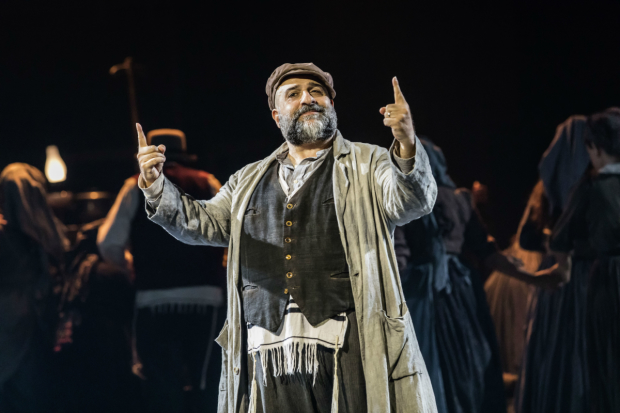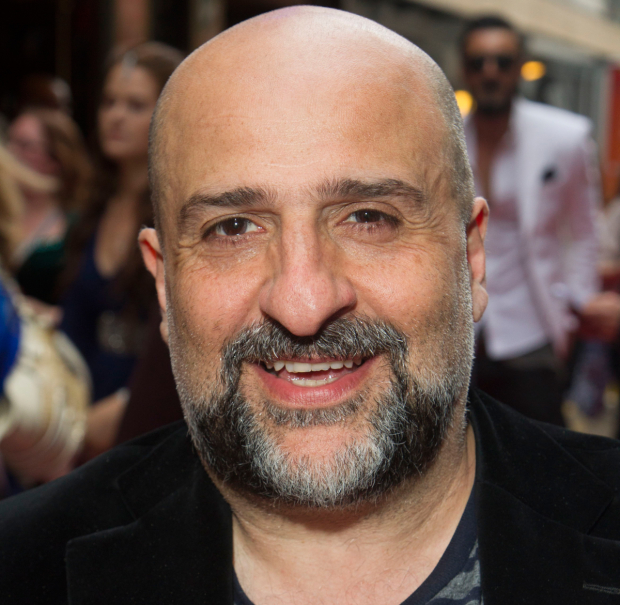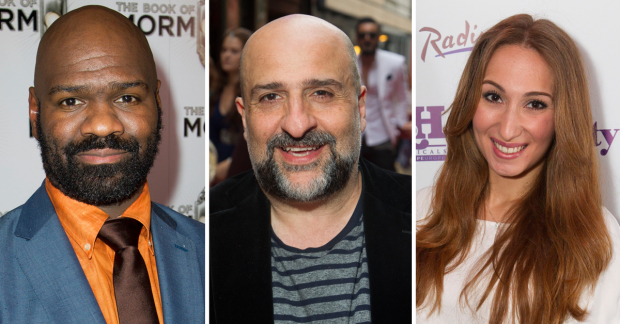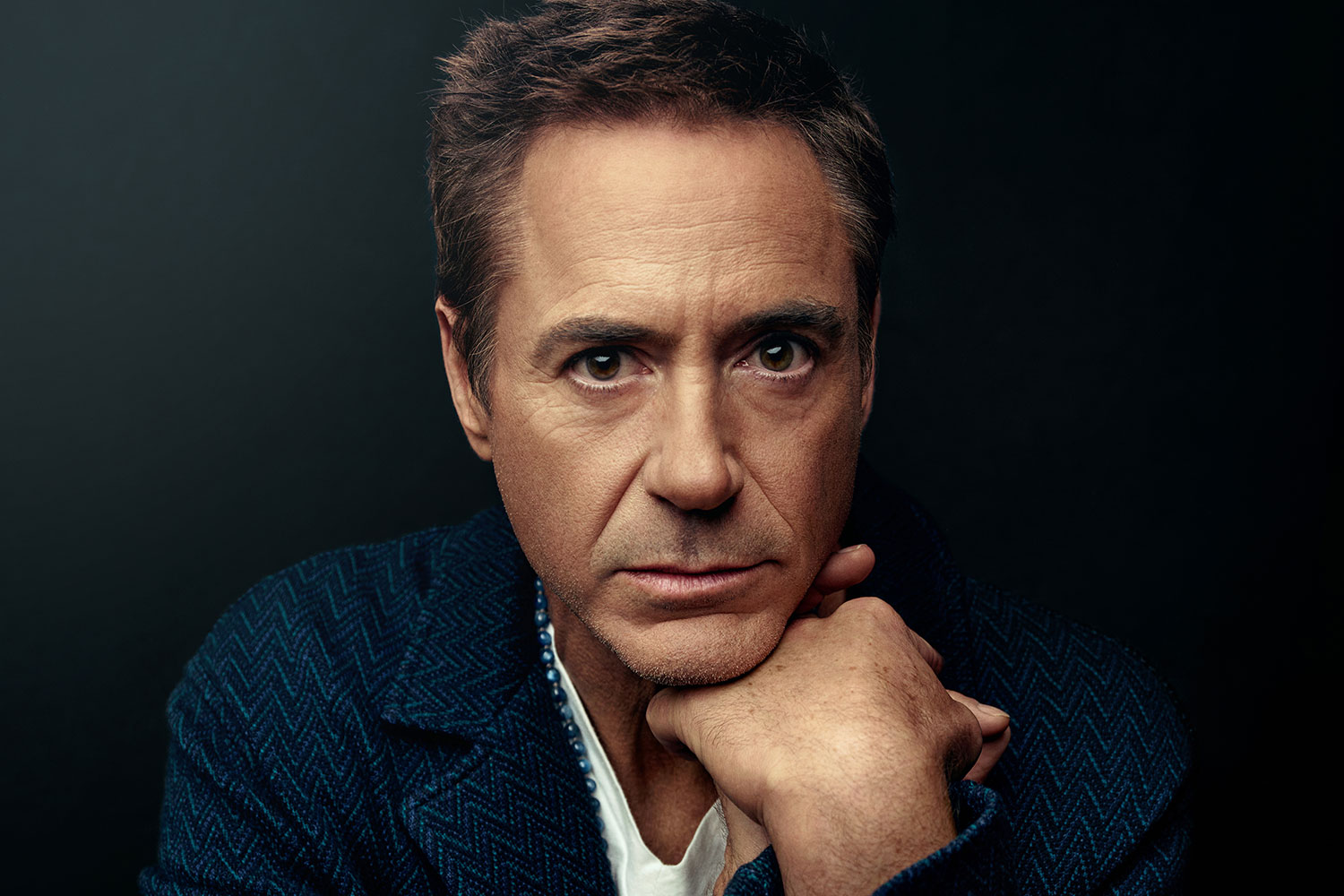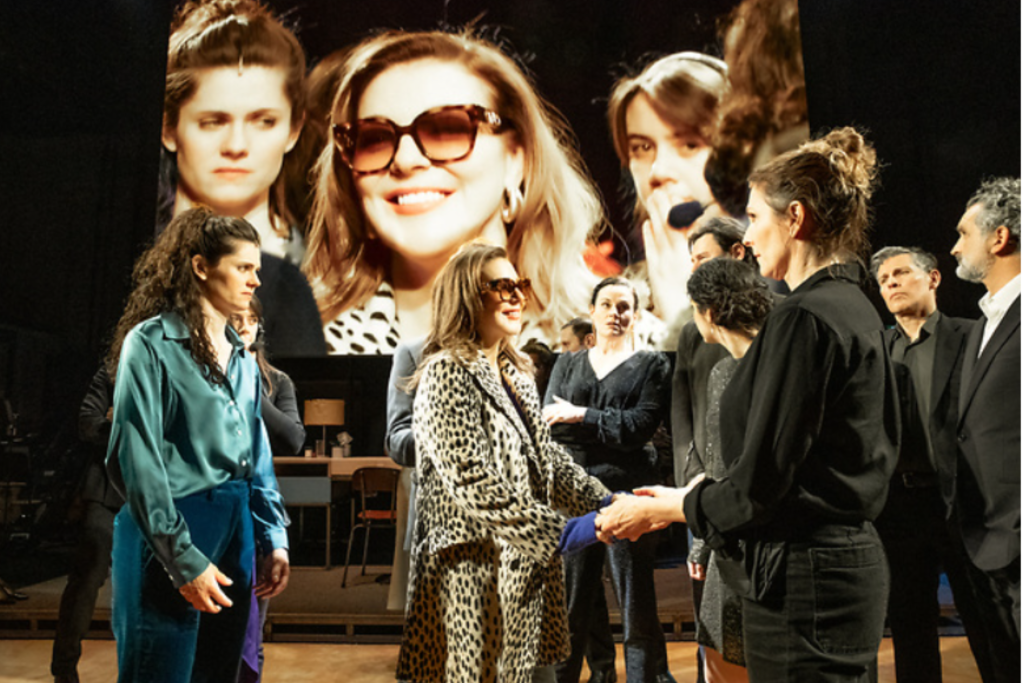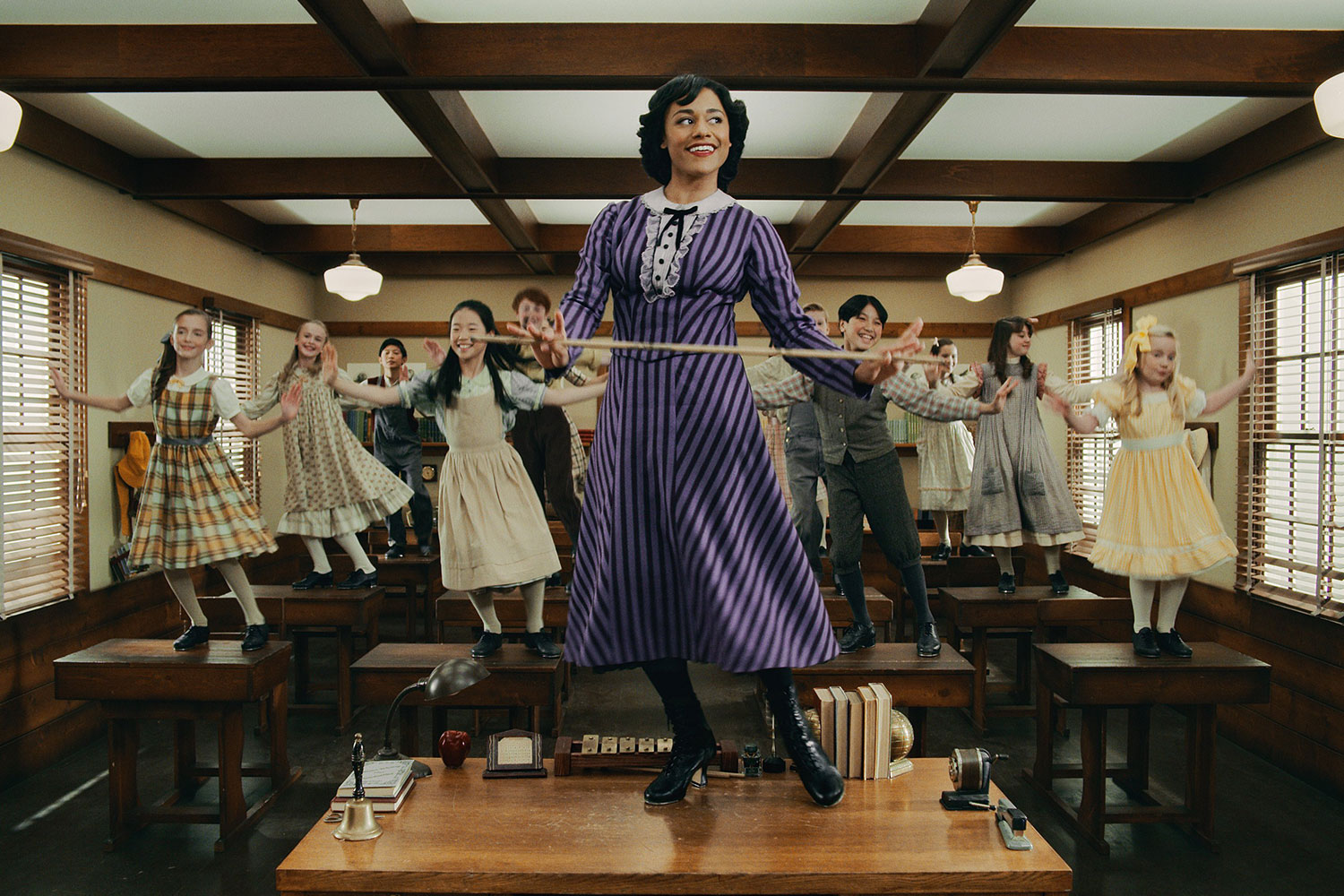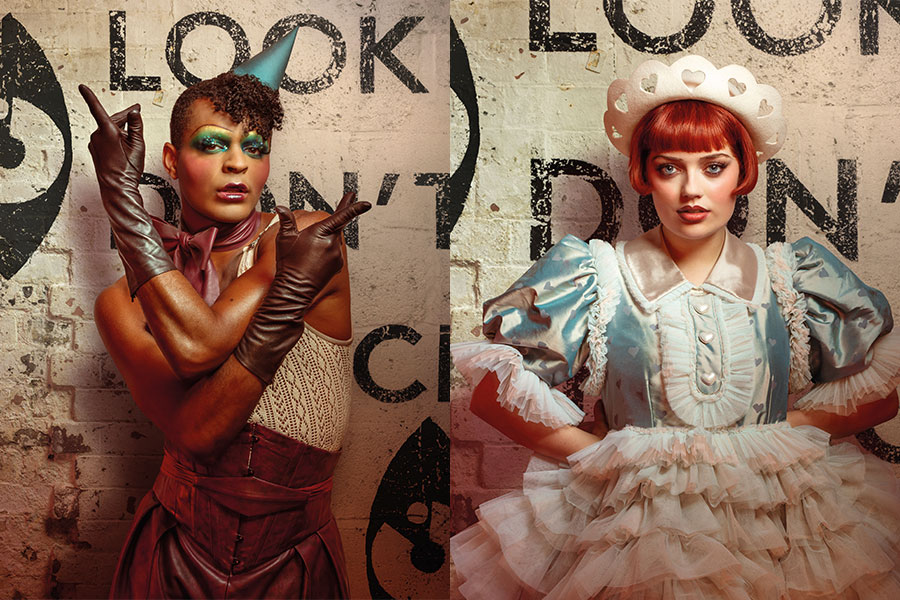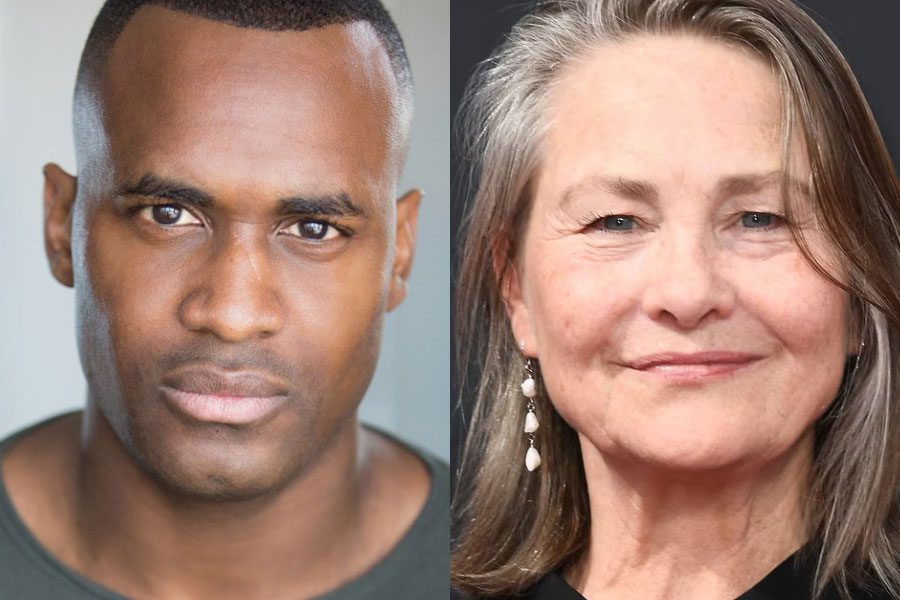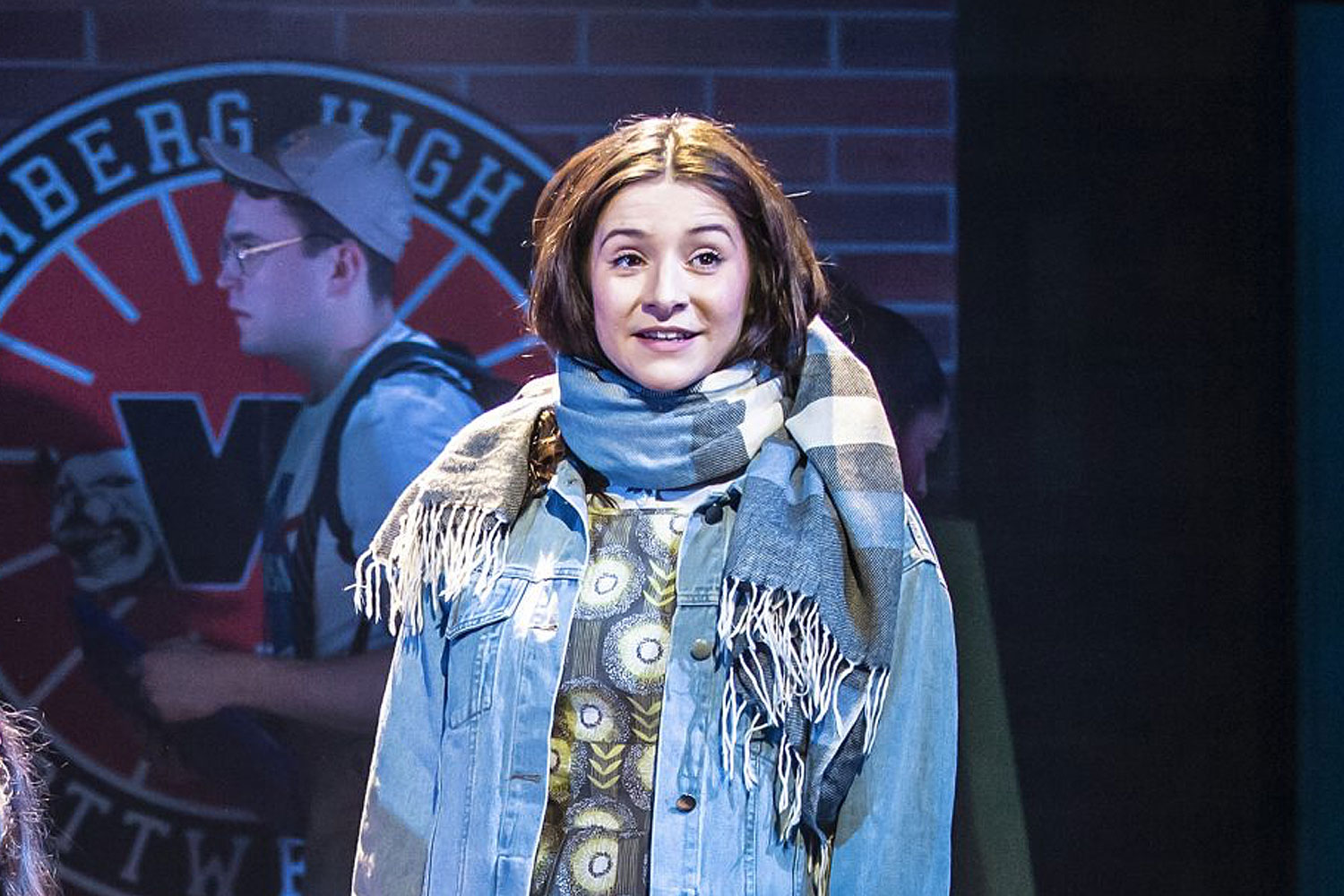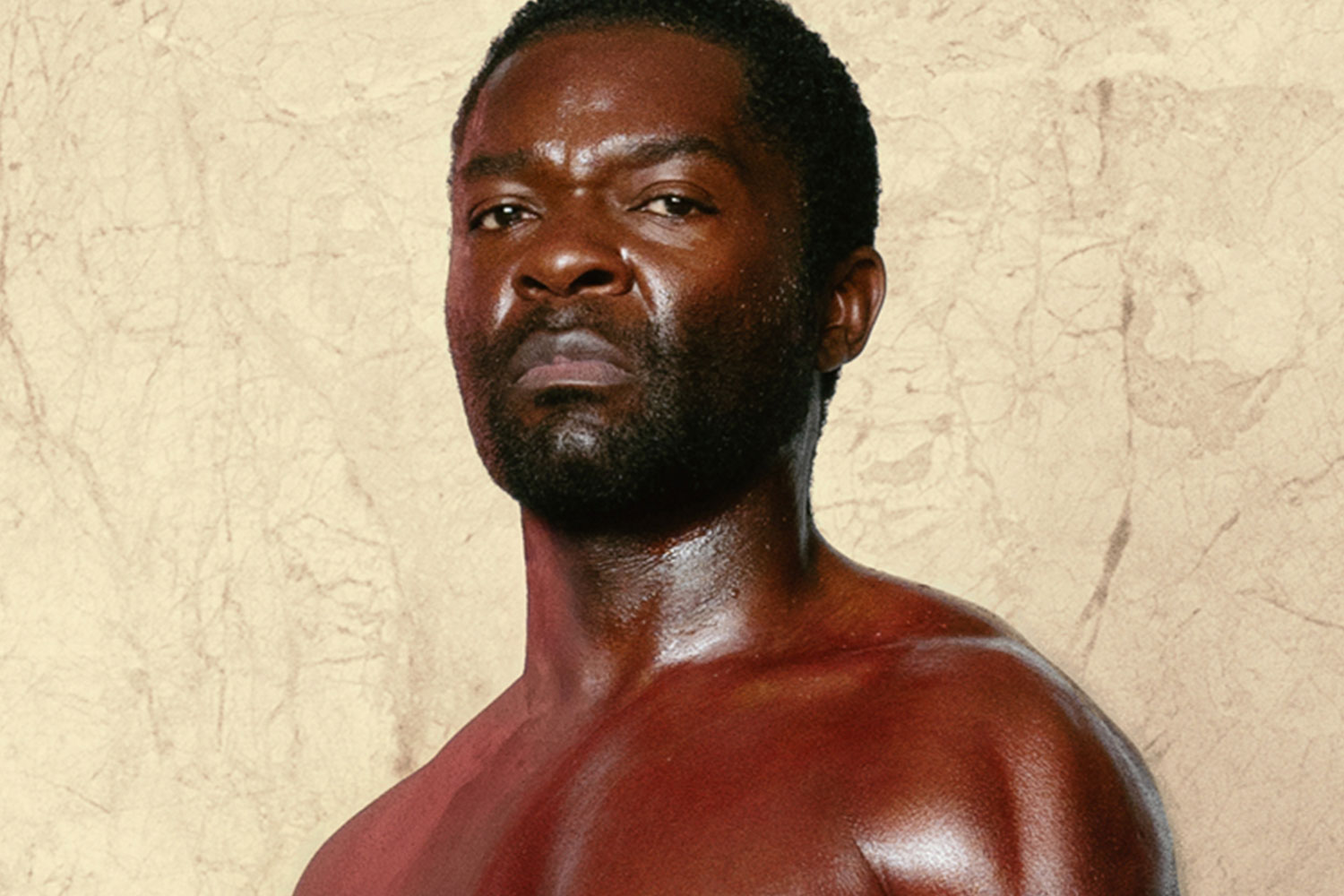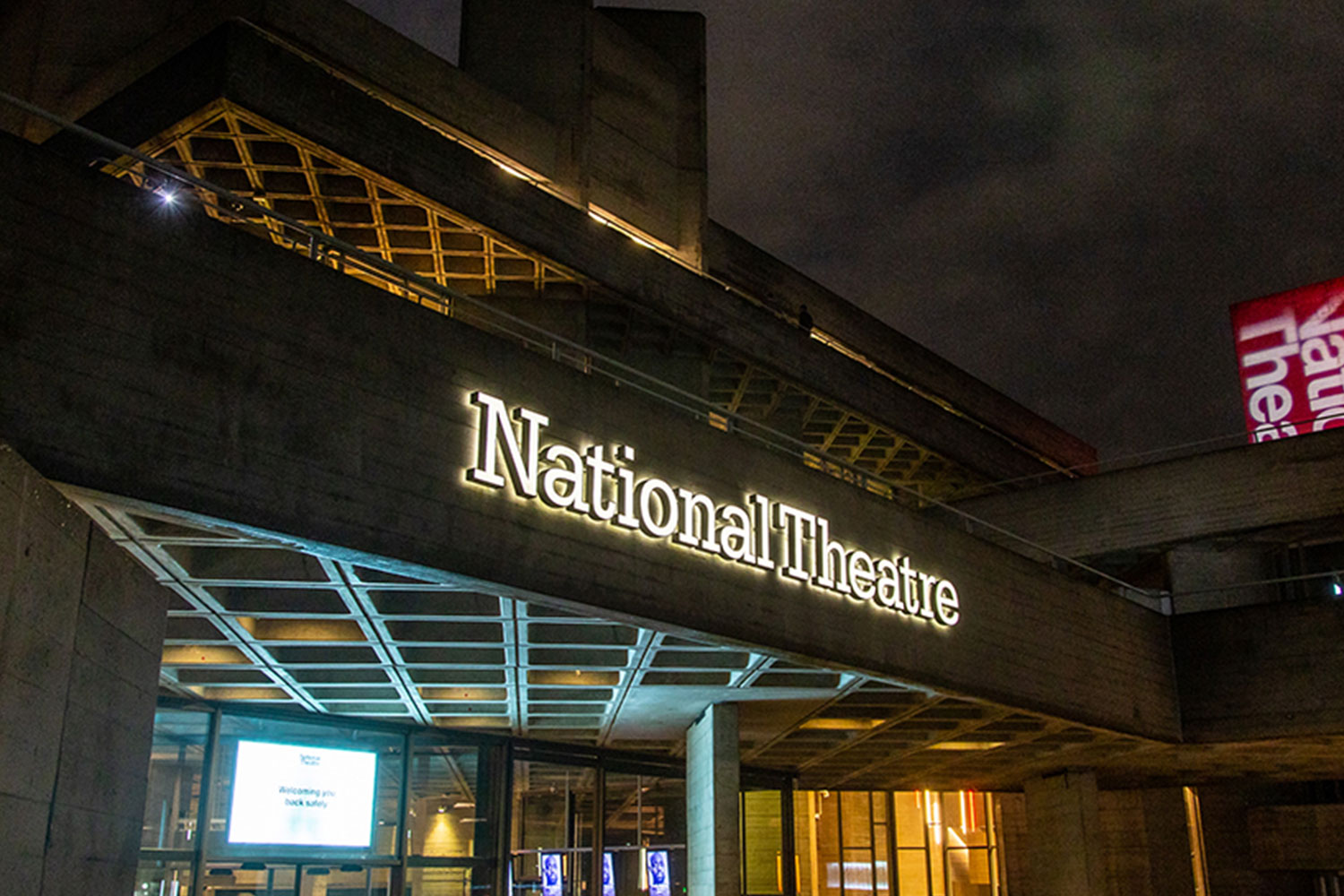Review: Fiddler on the Roof (Chichester Festival Theatre)
Tradition vies with progress throughout Fiddler on the Roof. The opening blast of Jerry Bock’s score is a loud hymn to tradition, but those same traditions threaten to entrap its characters time and again. Set in rural Russia at the start of the 20th century, just as the first flickers of the coming revolution are making themselves felt, three of Tevye’s five daughters defy the old ways of arranged marriages to marry, instead, for love. Yet, at a moment when Russia’s Jews were so imperilled, facing eviction and dispersal under the edicts of the Tsar, it is those very traditions that tie them together.
Tevye himself is the embodiment of all that: a man caught between his customs and his conscience. As this poor milkman tries to get on in life, he is, metaphorically speaking, the titular fiddler: a man attempting to express himself from a precarious perch. Comedian Omid Djalili doesn’t fully muster the weight of that wrench. Too quick to play the beleaguered schmuck, all sighs and shrugs aimed at the heavens, his Tevye is primarily a comic attitude. "If I Were a Rich Man" becomes an idle daydream, trilled quietly to himself. There’s too little at stake: no urgency in his battles to keep poverty at bay, no grizzled determination to protect his family at all costs. You never feel he might tear himself in two: the man of faith and the loving father.
Nonetheless, this is undoubtedly strong programming from Chichester’s new boss Daniel Evans – and not just because it makes an unapologetic show of Jewish culture at a moment of rising anti-semitism. Fiddler‘s central tensions – cultural conservatism and progressive politics – have a wider resonance today, and it's noticeable that Tevye’s daughters, several played by mixed race actors, feel far more fresh, contemporary than their father and his wife, Golde (superbly played by a stoic Tracy-Ann Oberman.)
Evans’ own staging elucidates the rituals of Judaism, those same traditions, from wedding chuppahs to symbolic prayer shawls, while Alistair David‘s choreography revels in the chutzpah of its physicality, all flashing palms and surefooted Yemenite steps. Part of Fiddler‘s power is simply in making something that can seem exclusive and inscrutable accessible to the point of populist. Even if Joseph Stein’s book is sometimes sluggish, Bock’s score is packed with take-away tunes and Sheldon Harnick’s lyrics bore into your brain.
The point is that, Djalili excepted, everything here is embodied and fully felt. A large cast makes a concrete presence onstage, and that’s neatly contrasted with images of temporary existences: Lez Brotherston dots the stage with furniture fashioned out of luggage – trunk tables and suitcase stoves; David Hersey’s glorious lighting picks out the circular revolve and Nina Dunn projects images of the past onto a screen of rain to create a moving finale.
It’s best at its most tangible, or else it risks poeticising the poverty and pogroms that Russian Jews faced. That’s a product of Evans’ classical style, as seen in his staging of Show Boat in Sheffield, and it can scuff the sharpness of certain performances. Louis Maskell cuts through as a progressive young teacher, whose eventual exile to Siberia mirrors that element of Jewish identity, and Rose Shalloo is a delicate presence as Chava, the daughter that defies her father most definitely by eloping with a Russian solider. With classicism, however, comes class and dignity. Tradition vies with progress, even here.
Fiddler on the Roof runs at Chichester Festival Theatre until 2 September 2017.



